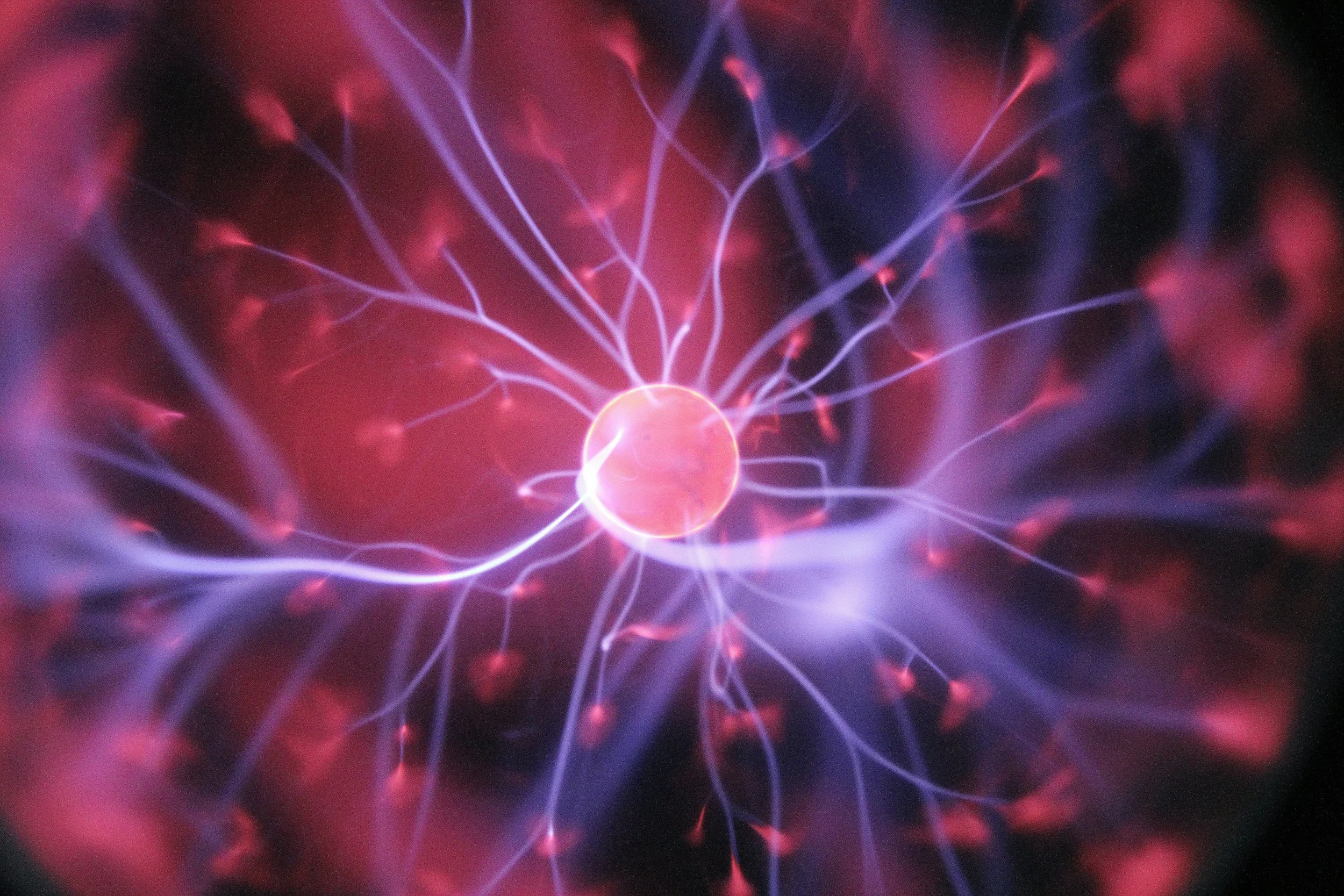The Science of Attention
Source: Unsplash (@halacious)
A young student crawls into bed at night, eyes fixed on the ceiling. He tosses, turns, and then reaches for a block of glass and metal that holds the contents of the known universe. A blue glow fills the once-dark room, paired with catchy hooks, short skits, and endless scrolls. By morning, he’s unfocused, groggy, and struggling to sit still and focus on work. For countless young adults across North America, this is the reality. The science is clear: our attention spans are shrinking.
The Science of Attention Spans
Our brains are wired to crave novelty — new people, new foods, new experiences, and more. Call it an evolutionary, physiological need or even a spiritual one, but it’s difficult to deny that new things generally make us happy. This is why every new checkpoint reached in a game, every achievement you accomplish, and every good conversation you have makes you feel good; our bodies crave what it grants us: dopamine.
You might have heard that dopamine is a “feel-good” chemical. While this is true, it’s not the whole story. Dopamine acts as a chemical messenger in the brain, released when we do something deemed pleasurable, like eating sugary foods or scrolling social media. Its job is to signal that an action is good and urge us to “do it again.” From an evolutionary standpoint, this reward system makes sense. It incentivizes us to eat, drink, and connect with other people, all things crucial for survival and reproduction. Dopamine can even sharpen attention, improve memory, and boost learning. So, what’s the problem?
When Our Reward System Overloads
Modern living affects our biology. While dopamine is a chemical messenger, it also acts as a neurohormone produced by the hypothalamus, the brain’s balance-keeper. Frequent activation of dopamine receptors and receivers can force our brains to work overtime to adjust. On a small scale, this might mean higher sodium levels, which merely prompts another trip to the restroom. However, at larger scales, overstimulation can weaken immune activity, increase stress hormones, and completely wreck our focus.
This is the trap many of us fall into when we scroll endlessly, clicking on every new notification and binging new content. Over time, our brains expect this constant stimulation, prompting us to “do it again.” As a result, simple, everyday tasks like reading, studying, or even sitting still can feel unbearable.
Attention is Scarce
In a world where time is supposedly money, our time, attention, and energy are powerful; though, the issue is that they’re surprisingly scarce. Can we truly balance all our priorities while putting our best foot forward in each?
Well, studies show that multitasking, even if it’s doing homework while the TV is playing, is making us less efficient and focused on each individual task. However, they don’t just impact these mundane tasks. Individuals rated as high media multitaskers (e.g. users of several devices at once) performed worse on cognitive attention tasks compared to those who did not multitask as frequently.
What I mean to share is this: your attention is valuable. Even splitting your attention on seemingly trivial tasks can be a detriment to your cognitive abilities. This is why many people find themselves rereading the same sentence in a textbook or struggling to sit through a lecture without a screen open.
The real cost isn’t just distraction, but rather depth and real engagement with the world. When your attention is fragmented, you risk your ability to form memories, be creative, and problem-solve. In today’s busy world, your ability to think deeply and critically is important.
How to Reclaim Your Focus
The good news is that attention can be trained. I have to admit that as a young adult myself, I’ve fallen victim to endless nighttime scrolling, daydreaming during class, and rereading the same page in my book three nights in a row. It’s not easy… I know. But there are ways to reclaim your attention, your focus, and your life that aren’t so difficult.
Setting Digital Boundaries: Keep phones out of sight when you work. Studies published in the National Library of Medicine show that the mere presence or absence of a distractor, like your phone, can affect memory accuracy scores. I feel obligated to give this one a bump up on the list, since this has definitely helped me procrastinate less. I like to tuck my phone behind my laptop or toss it into my bag before I start any assignment.
Focus on one task at a time: Some “multitasks,” such as listening to music and running, are a quality of life bonus, not necessarily cognitive slides. However, when it comes to those tasks involving deep focus, thought, and thinking, try keeping those separate. I’ve found that when doing homework, I like to hear ambient noise in the background rather than music with lyrics so that I don’t fragment my attention and accidentally zero in on a good tune.
Find ways to take breaks that don’t involve devices: I get it. Phones are accessible and convenient, not to mention entertaining. But they’re not the only way to take a break. Try standing up to stretch, taking a short walk outside, doodling something, or chatting with friends. Find a way to give your brain some novelty without hijacking your attention.
Conclusion
Attention isn’t just about rewards and productivity. It gives us agency and control over our cognitive ability and ultimately, our life. In a world designed to pull your attention in a thousand different directions, from work to school to friendships, protect your rest time and your attention.

